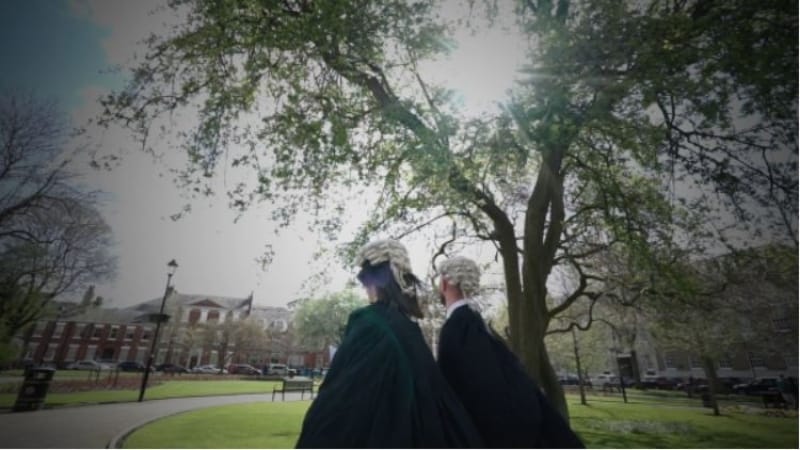Employment Newsletter: Spring 2019

Welcome along to the latest instalment of our Employment Newsletter.
In this edition:
- Unfair Dismissal in the EAT – Recent Misconduct Decisions
Robert Dunn examines two recent EAT unfair dismissal cases on recurrent topics.
Beattie v Condorrat War Memorial & Social Club pertains to warnings. Restating the principles arising from cases such as Wincanton Group v Stone, the EAT confirms that ETs considering totting-up dismissals should ask whether there was a prima face ground for issuing the warning and whether the warning was given for an oblique motive or in bad faith. An employer who surmounts these (arguably low) hurdles is entitled to rely upon an applicable warning which is live at the time of dismissal.
Hargreaves v Governing Body of Manchester Grammar School concerns evidence collated during an investigation but not placed before the dismissing officer/panel. Whilst also reminding employers that a higher standard may well be expected in cases involving allegations of criminal conduct (and/or cases with wider implications for an employee’s career) following A v B etc, the EAT in this case upheld the ET’s decision that the employer’s decision not to place the evidence of three witnesses (all of whom denied seeing the employee do anything wrong) before the disciplinary hearing did not vitiate the decision to dismiss. What is required is that employers, as Manchester Grammar did, take an even-handed approach when determining what evidence to place before the decision maker(s).
- Associative discrimination and the expression of protected characteristics
An interesting international perspective from Gareth Price on Lady Hale’s judgment in the much-publicised case of Lee v Ashers Baking Company Ltd and the thorny central issues of competing protecting characteristics, associative discrimination and freedom of expression.
Readers may also wish to take a look at Gan Menachem Hendon Ltd v De Groen [2019] UKEAT/0059/18/OO in which the EAT applied the decision in Lee in relation to a Jewish teacher in an ultra-orthodox nursery who was dismissed after her boyfriend revealed at a barbeque attended by parents that they lived together. The EAT overturned the ET’s decision that an employer acting because of its own religion or belief discriminated against its employees (albeit the findings of direct sex discrimination and harassment were not disturbed on appeal).
- Discrimination arising from disability: no causal connection between employee’s mistaken belief and her disability
Our pupil, Jade Ferguson, looks at causation in section 15 claims. In Sheikholeslami v University of Edinburgh the EAT underscored that when applying the something ‘arising in consequence of’ test, a looser connection involving more than one link in a chain of consequences can be enough. In iForce Ltd v Wood, however, an employee’s mistaken belief that her disability (osteoarthritis) was exacerbated by working close to loading bay doors which she wrongly perceived meant operating in colder/more humid conditions did not meet the test: there must been be some connection between the “something” (the refusal to work at benches near the loading doors) and the disability (osteoarthritis).
To view the newsletter in full, please click here.









